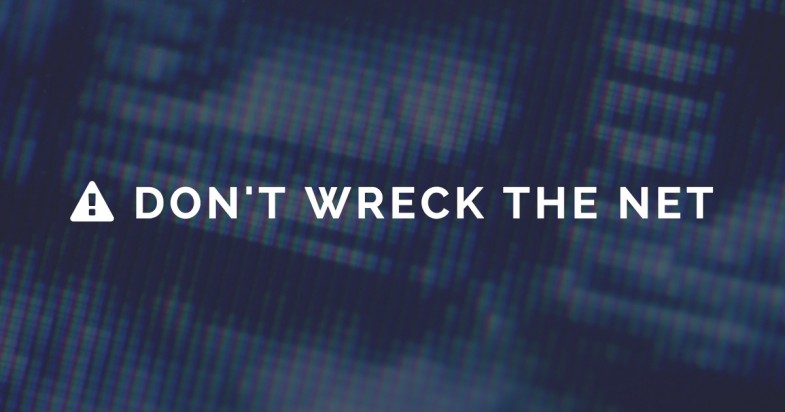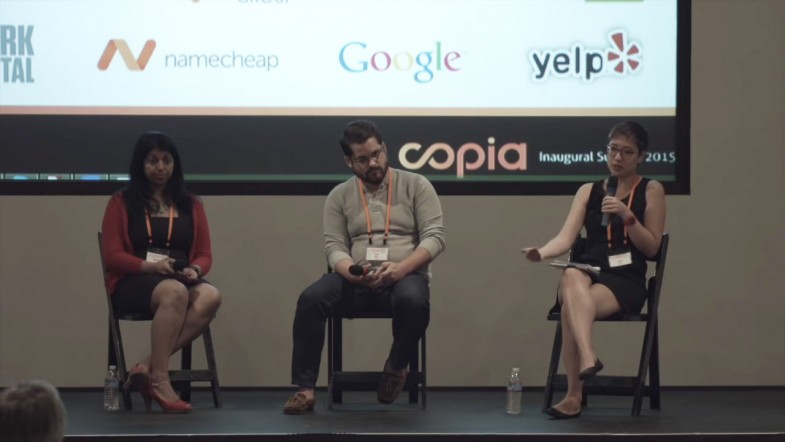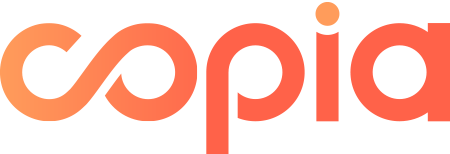It should be no surprise that I’m an unabashed supporter of free speech. Usually essays that start that way are then followed with a “but…” and that “but…” undermines everything in that opening sentence. This is not such an essay. However, I am going to talk about some interesting challenges that have been facing our concepts of free speech over the past few years — often in regards to how free speech and the internet interact. Back in 2015, at our Copia Summit we had a panel that tried to lay out some of these challenges, which acknowledged that our traditional concepts of free speech don’t fully work in the internet age.
Topic: Free Speech
Popular Topics
Library Collections
Blog Categories
Copia’s Submission To The Copyright Office’s DMCA Safe Harbor Study
The Copyright Office’s study concerning Section 512 of the DMCA (the notice-and-takedown/safe harbors part of the law) had its second comment period end this week — which is why you’re seeing stories about how the RIAA is suddenly talking about piracy filters and notice-and-staydown. The Copia Institute has filed its own comments, pointing out the already problematic First Amendment issues with the way the current notice-and-takedown system works. Remember, there’s a very high standard set by the Supreme Court before you can take down expressive content. But the notice-and-takedown system ignores all of that:

Tech Companies Ask European Commission Not To Wreck The Internet — And You Can Too
Late last year, we told you about a worrisome effort by the European Commission to saddle the internet with unnecessary regulations. They had released an online “consultation” which was ostensibly part of the effort to create a “Digital Single Market” (a good idea in the world of a borderless internet), but which appears to have been hijacked by some bureaucrats who saw it as an opportunity to attack big, successful internet companies and saddle them with extra regulations. It’s pretty clear from the statements and the questions that the Commission is very much focused on somehow attacking Google and Facebook (and we won’t even get into the fact that the people who are looking to regulate the internet couldn’t even program a working online survey form properly). However, as we noted, Google and Facebook are big enough that they can handle the hurdles the EU seems intent on putting on them: it’s the startups and smaller tech firms that cannot. The end result, then, would actually be to entrench the more dominant players.
We helped created a “survival guide” for those who wished to fill out the (long, arduous) survey, and many of you did. We’ve now spearheaded a followup effort, which we’ve put up on the Don’t Wreck The Net site. It’s a letter to the EU Commission, signed by a number of internet companies and investors who care deeply about keeping the internet open and competitive. You can see the letter on that site, and it has already been signed by investors such as Union Square Ventures and Homebrew and a bunch of great internet companies, including Reddit, Medium, DuckDuckGo, Patreon, Automattic (WordPress), Yelp, CloudFlare, Shapeways and more.

This Survey Sucks, And The Internet Needs You To Fill It Out
Today, we’re launching a new initiative called Don’t Wreck The Net. The European Commission is holding a public consultation on new regulations for the internet, and the only way to send comments is through a painfully long and oblique online survey. Unfortunately, thanks to those five pages of small print and confusing questions, most people don’t seem to have realized just how big a deal this consultation is — and it only runs until December 30th.
Right. By now you’ve heard about Reddit’s new content moderation policy, which (in short) is basically that it will continue to ban illegal stuff, and then work hard to make “unpleasant” stuff harder to find. There is an awful lot of devil in very few details, mainly around the rather vague “I know it when I see it” standards being applied. So far, I’ve seen two kinds of general reactions, neither of which really make that much sense to me. You have the free speech absolutists who (incorrectly) think that a right to free speech should mean a right to bother others with their free speech. They’re upset about any kind of moderation at all (though, apparently at least some are relieved that racist content won’t be hidden entirely). On the flip side, there’s lots and lots and lots of moralizing about how Reddit should just outright ban “bad” content.
I think both points of view are a little simplistic. It’s easy to say that you “know” bad content when you see it, but then you end up in crazy lawsuits like the one we just discussed up in Canada, where deciding what’s good and what’s bad seems to be very, very subjective.

Roundtable: Free Expression & The Internet
With Michelle Paulson, Sarah Jeong and Dave Willner
Freedom of expression online is a more complicated topic than many people think. Government censorship is one thing, but there’s also the question of how to promote open and diverse speech in a world where the vast majority of communication happens through a handful of proprietary digital platforms. In this roundtable discussion from the 2015 Copia Inaugural Summit, we look at possible answers to this question and examine the implications of digital expression on culture and society.
Roundtable Participants: Michelle Paulson (Senior Legal Counsel, Wikimedia Foundation), Sarah Jeong (Lawyer/Writer), Dave Willner, (Policy, Safety, Privacy & Support, Secret)
